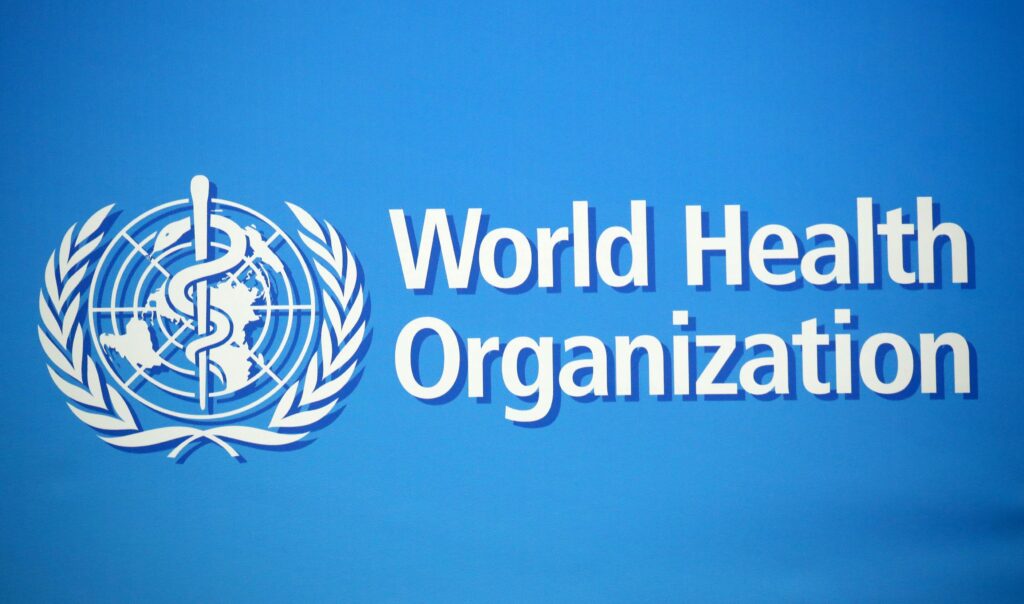
Since January 30, 2020, when the World Health Organization declared that COVID-19 was a Public Health Emergency, the socio-economic welfare of Caribbean people has been impacted by multiple lockdowns, changes in travel protocols and drastic declines in tourism, resulting in an economic contraction of 9.9 per cent in the region in 2020 (IMF) with major repercussions for lives and livelihoods in the region.
Over the past two years, the changing circumstances of thousands of Caribbean people during the crisis has been followed closely by CARICOM and its partners, the the World Food Programme (WFP), the Food and Agriculture Organization (FAO) and the Caribbean Disaster Emergency Management Agency (CDEMA). The partners have launched three rounds of surveys that have followed and analyzed elements of the socio-economic experience of Caribbean people, with a focus on access to food and markets.
According to the third and most recent installment of the “Caribbean COVID-19 Food Security and Livelihoods Impact Survey,” job loss and income reductions were still common in February last year, affecting 63 per cent of overall respondents and 90 per cent of those from the lowest income groups.
Out of a regional population of 7.1 million, 2.7 million people were food insecure, compared to 1.7 million in April 2020.
Seventy-one per cent of respondents observed higher than usual food prices, with lowest income groups more commonly reporting increases.
17 per cent of the region’s lowest income groups had gone a full day in the week prior to the survey without eating at all.
These findings, among others, were in keeping with expectations.
In times of crisis, existing inequalities in access to employment, food and other needs intensify and become more visible. Those living in poverty and facing vulnerability feel it most, and their food insecurity increases. At the onset of the pandemic, people tapped into their resources and made lifestyle changes to cope with movement and other restrictions, increasing food prices and lost jobs and income.
But almost one year later, things are beginning to change.
Border closures have been relaxed, resulting in the largest rebound of global tourism since the pandemic began, people are getting back to work… movement restrictions and curfews have eased. All of these changes have been facilitated by the biggest game changer since the pandemic began– vaccines.
On the troubling side, however, Omicron, which emerged in November last year as the dominant variant of COVID-19, is threatening much of the progress that has been achieved. Despite being known as a milder variant, its transmissability has resulted in new measures being put in place to curb further spread that have had economic ramifications for the region and the world.
Given the extent of changes that have been experienced in the region since the last Caribbean COVID-19 Food Security and Livelihoods Impact Survey, a fourth installment has recently been launched with the goal of capturing the evolving state of affairs in a post vaccine world, as borders and movement restrictions have eased, but new and more contagious variants of COVID-19 keep cropping up. The results of this survey will be used to analyze how impacts on livelihoods, food security, and markets have shifted since the onset of the crisis.
The survey is open to all CARICOM Member States and Associate Members, as well as Aruba, Curaçao and Sint Maarten until February 8 2022 and can be accessed at: https://arcg.is/1nHPCm .
The survey, which was funded by the European Union Civil Protection and Humanitarian Operations (ECHO) and the United States Agency for International Development (USAID)/ Bureau for Humanitarian Assistance (BHA), will be used to inform national governments, regional entities and other stakeholders, such as the World Food Programme, to make more informed policy and programmatic decisions to best meet the varied needs of the people throughout the Caribbean.